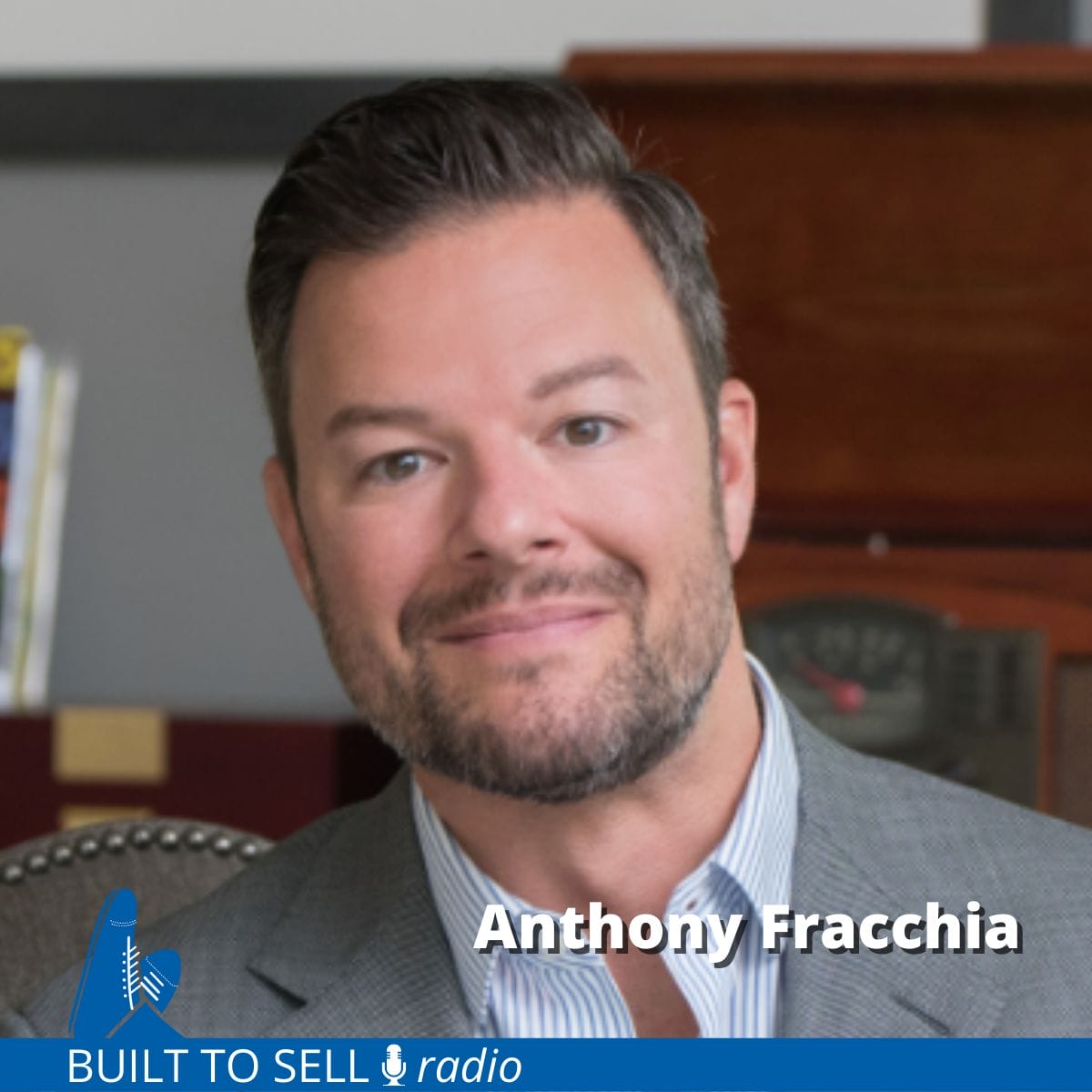About this episode
Anthony Fracchia built Altruis Benefit Consulting to $2.5 million in revenue when he started to get unsolicited calls from potential buyers. He initiated conversations with an acquirer only to learn they planned to gut his staff and kill his brand. Fracchia cut off talks and did some soul searching about what was important to him. He developed a list of four “non-negotiable” deal terms and started to use them as a way to filter out potential suitors. In the end, Reliance Global Group Inc. (NASDAQ:RELI) agreed to all four of Fracchia’s conditions acquiring Altruis for around 8 times EBITDA in a mixture of cash, stock, and earn-out.
In this episode, you’ll discover how to:
- identify your non-negotiable deal terms.
- pick a partner to go into business with.
- tell your employees you’re thinking of selling without alienating them in the process.
- avoid getting suckered into a proprietary deal and giving up negotiating leverage.
- evaluate what an acquirer plans to do with your business after you sell.

About Our Guest
In 2003, Anthony left Cap Gemeni Ernst and Young to form Altruis Benefit Consulting with his father Robert who was a successful lifetime entrepreneur. Together, Anthony and his father grew Altruis Benefit Consulting to over $20 Million in annual premium sales in the individual, Medicare, and group health insurance markets. Anthony purchased full control of the business in 2015 and by 2019 had accelerated annual premium sales growth to over $40 Million. After entertaining multiple acquisition opportunities, Anthony ultimately sold Altruis Benefit Consulting to Reliance Global Group (NASDAQ: RELI) in September of 2019.
Outside of his business life, Anthony is incredibly involved in his philanthropic and charitable efforts with a focus on youth mentoring. These efforts include raising over $1M annually with the Michigan “Wish A Mile” team for Make a Wish Foundation, former Board Member of Threads for Success, and founder/Board Chairman of Aspire Detroit. He was selected to participate in Leadership Detroit in 2019 and has been featured in Crain’s Business Detroit, The Oakland Press, The Observer/Eccentric, and National Public Radio (NPR). Anthony also serves as a Ministry Leader at Brightmoor Christian Church and enjoys pursuing his passions of travel, health, fitness, and exploring all that Mother Nature has provided.
Connect with Anthony:


